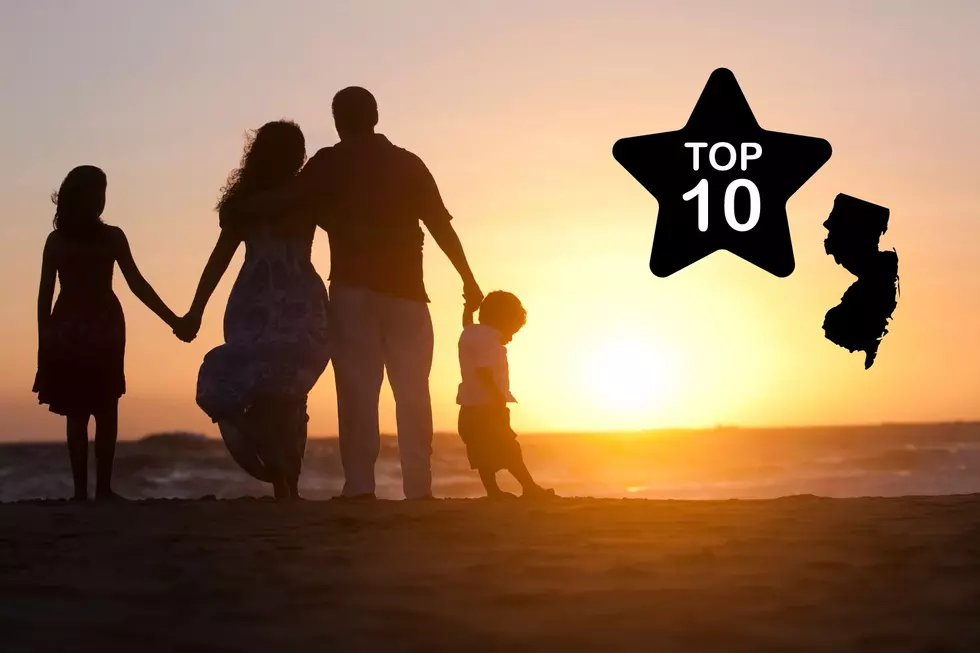
Covid Outbreak from Beach Haven Teen Nights reaches 29 positive cases
The numbers are adding up along Long Beach Island, specifically in Beach Haven, as more people get tested and some of those tests come back positive.
Listen to Vin Ebenau mornings on Townsquare Media Jersey Shore Radio Stations, email him news tips here, and download our free app.
The Long Beach Island Health Department, a branch of the Ocean County Health Department, issued a new statement on Monday announcing another 8 cases discovered from Beach Haven Teen Nights across the month of July, leading to a total of 29 positives.
However, the LBI-HD said that there may actually be more such cases as reports come in along with other factors.
"There have also been numerous cases not counted in this statistic due to out of state or reporting limits. Individuals have reported a range of mild to more significant covid symptoms. To date no reported hospitalizations or deaths have occurred. Any subsequent transmission stemming from these cases and outcomes are not included in this report."
It's not all teens who attended these social gatherings July 11, July 13, July 18, July 19, July 25 and July 27, but those they've come in contact with as well.
"Cases are not isolated to just a few circles of friends but people that have no other connection but attending teen nights. In fact, several cases involve some teenagers from the same household, some attended, some did not and those who attended have turned out to be the Covid-19 positive individuals within the incubation period following attendance."
In the month of July, 29 of the 31 Covid cases reported by the LBI-HD have come out of Beach Haven Teen Nights.
"This issue of teen nightclub’s is likely one of several factors to emerge that is contributing to a steep increase in Covid-19 infections. Any event or location that brings together a group that has low vaccination rates not nearly protective enough, in an indoor environment that can be crowded with no social distance, masks, no recent negative tests while a more contagious Delta variant is circulating presents significant risk of transmission. Current CDC and NJDOH guidelines prescribe many of the way to reduce this risk such as avoid these environments, get immunized, social distance, wear a mask, stay home when you are unwell and get tested."
First Responders Appreciation
More From 92.7 WOBM









